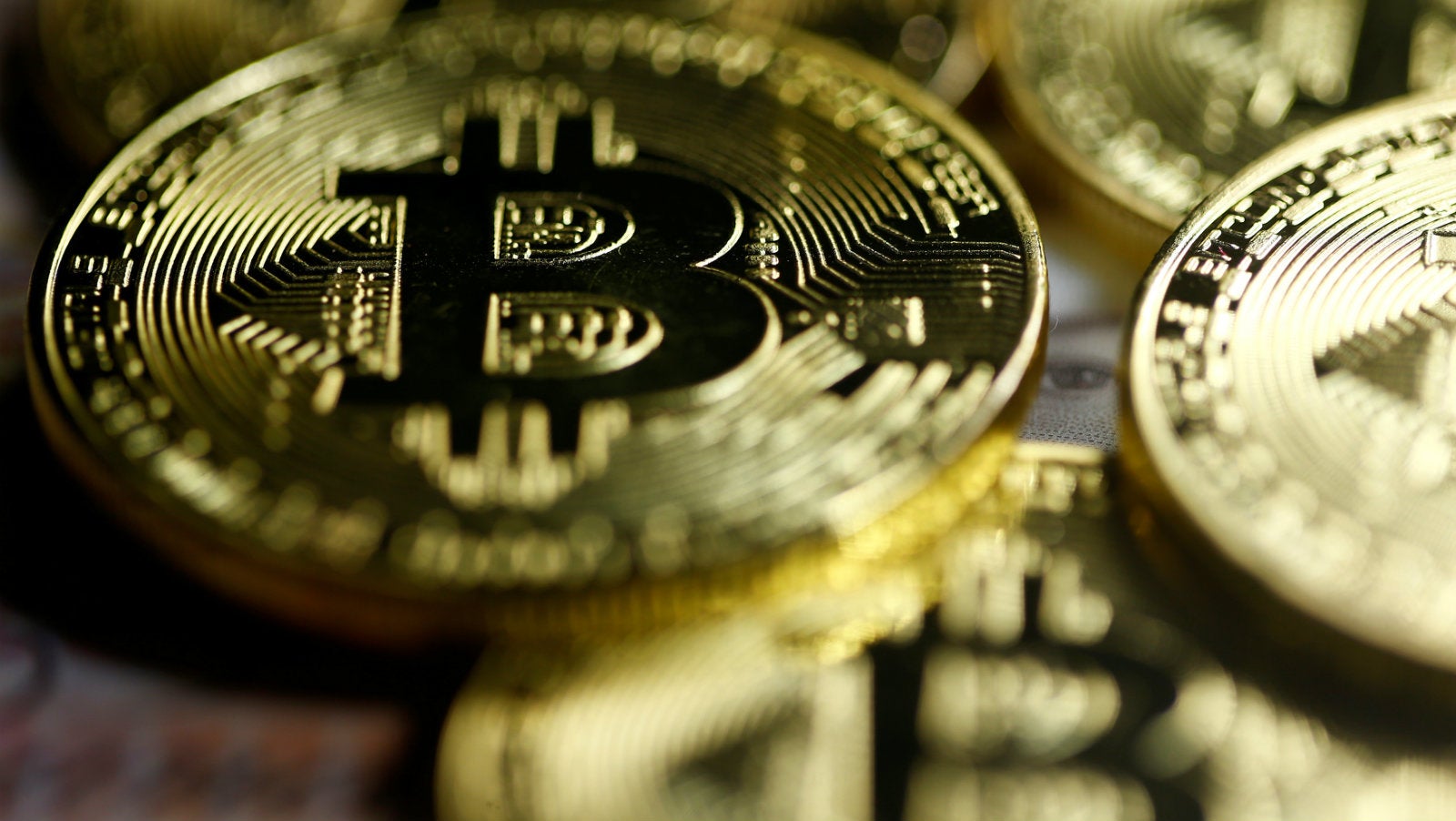India’s crypto-currency debate heads to the courts—again
In the absence of clear-cut regulations, the debate around bitcoin and other crypto-currencies has been heating up in India in recent months.


In the absence of clear-cut regulations, the debate around bitcoin and other crypto-currencies has been heating up in India in recent months.
The Reserve Bank of India (RBI) and the Narendra Modi government clearly don’t intend to allow their use for payments and settlements. However, crypto-currencies haven’t been explicitly banned either, and no rules pertaining to them have been laid down.
Given the ambiguity, a lawyer has taken the matter to the supreme court (SC) of India.
On Nov. 13, the SC admitted a public interest litigation (PIL) seeking clarity on the regulators’ and government’s stance on virtual currencies. The PIL states that since these virtual currencies are not tied to any bank or government, and yet allow users to transact anonymously, they can be a grave threat to the nation. Therefore, they need to be regulated or banned.
“As the virtual currencies are gaining popularity, they can be used for carrying out any illegal activity and can be used for money laundering. Therefore, I strongly believe they need to be regulated,” Dwaipayan Bhowmick, the petitioner, told Quartz.
Apart from the ministries of finance, law & justice, and electronics & IT, the PIL wants the Securities and Exchange Board of India, the RBI, the income tax department, and the enforcement directorate to regulate the use of bitcoins. The case is likely to come up for hearing in January 2018, Bhowmick said.
Meanwhile, this isn’t the first time the SC has had to look into the issue. It heard a similar petition in July. However, Bhowmick explained that the court had then asked the RBI to look into the issue, before disposing of the case.
No man’s land
Bhowmick’s PIL comes a week after an RBI official clarified that the central bank is not comfortable with the idea of virtual currencies. Separately, though, it has recommended having its own crypto-currency since the existing ones are privately held and, thus, risky. Earlier, a government panel had recommended a ban, fearing that they could be used to launder money, evade tax, and perpetrate frauds, reports said.
Despite these signals, more consumers have been jumping into the fray of late, partly drawn to bitcoin as an investment option. Zebpay, an Indian bitcoin exchange, has reportedly been adding about 0.2 million users a month.
It’s time the RBI and the government cleared the air around this, even if it takes a little prodding from the courts.